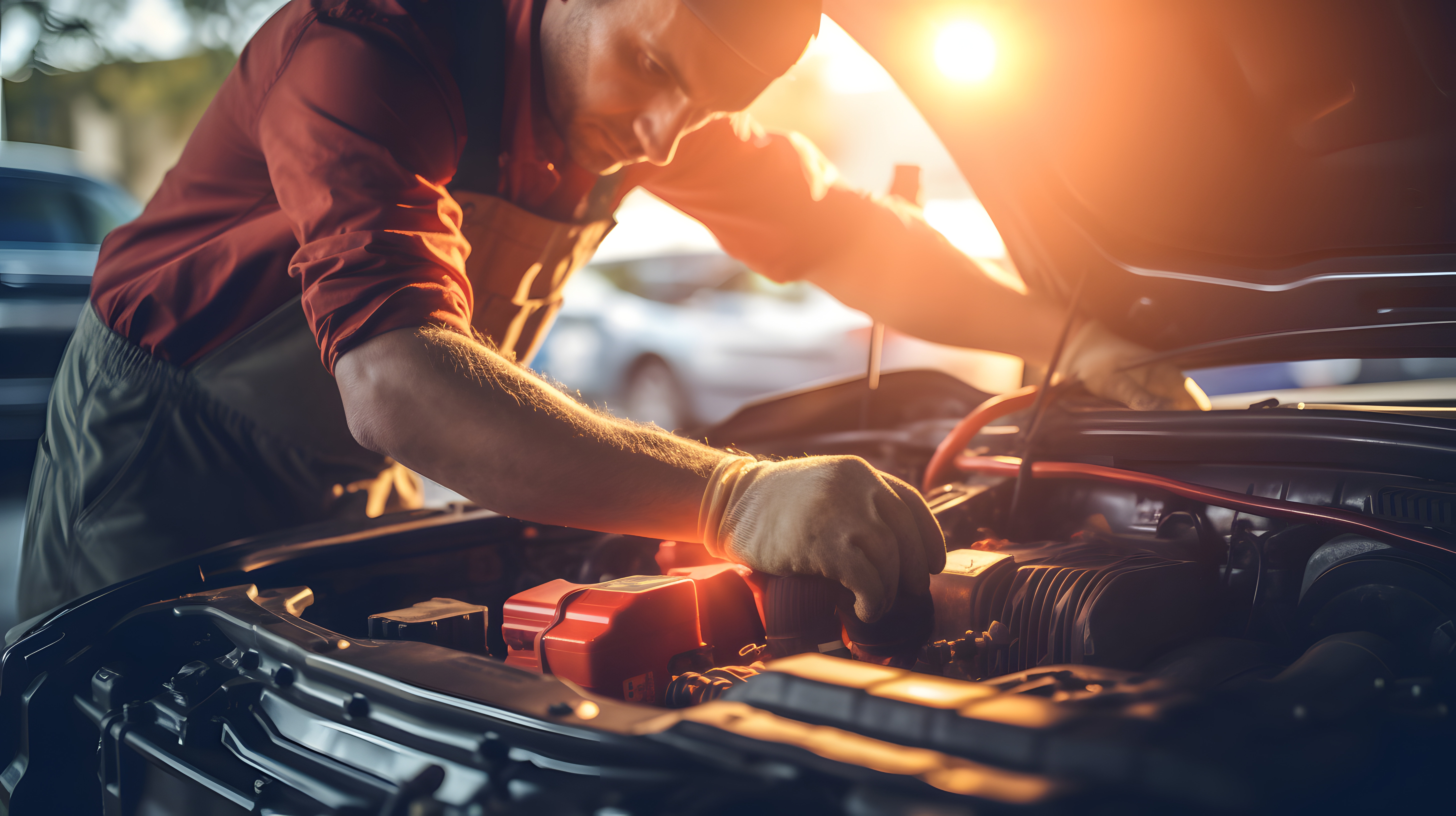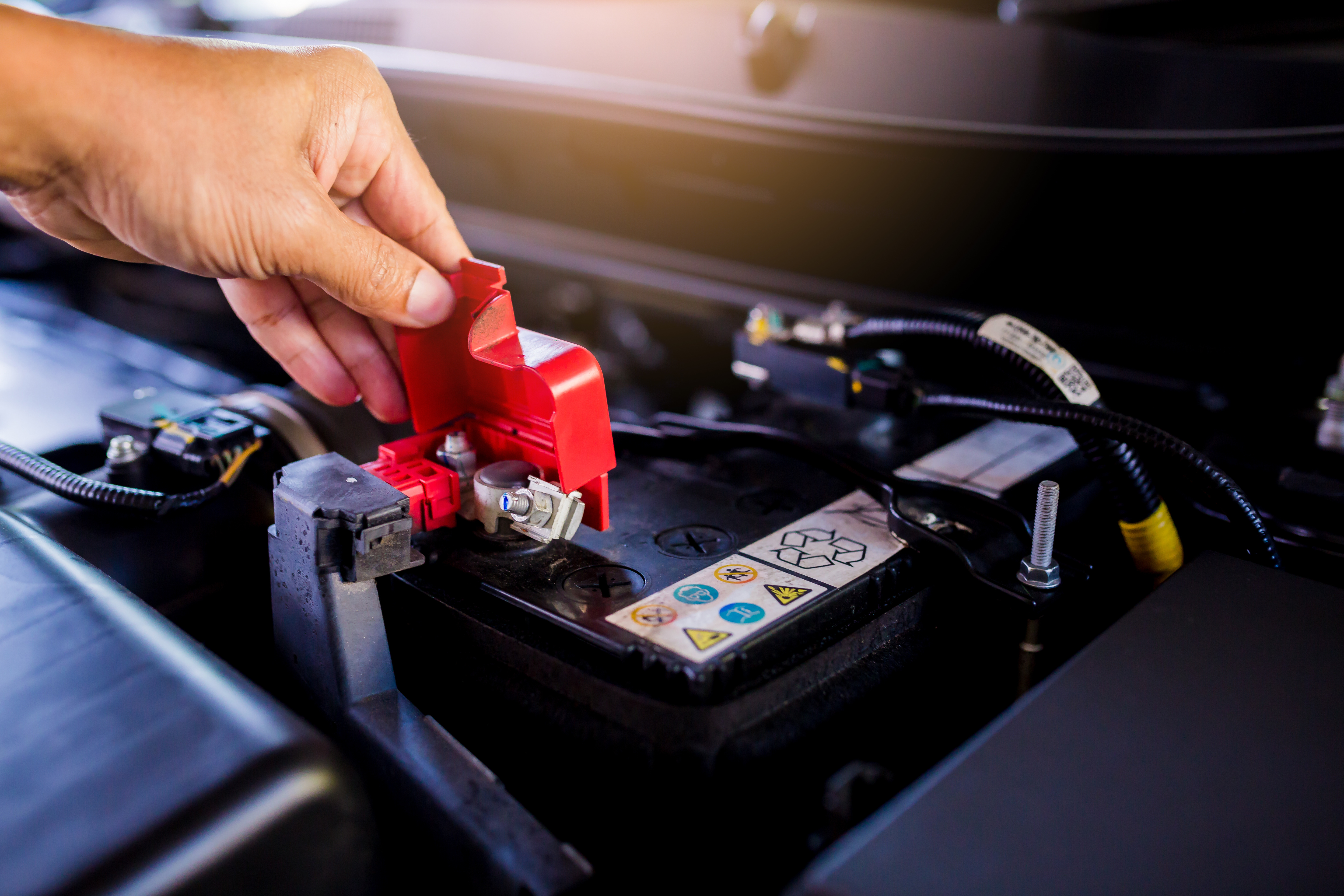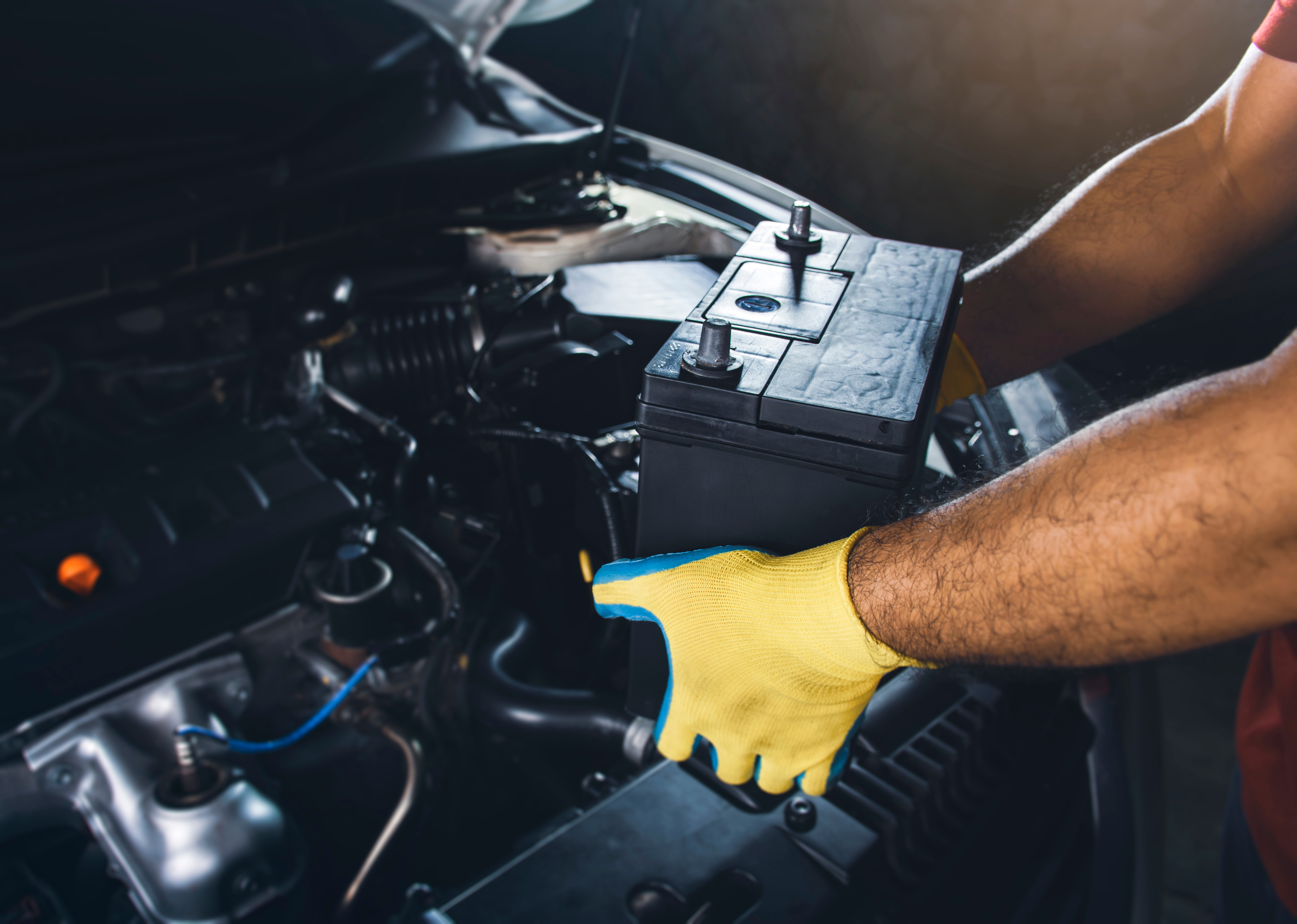
At Fiesta Auto Insurance, we know how crucial it is to maintain your car's battery to avoid unexpected breakdowns and repair expenses. Regular car battery maintenance can help extend the lifespan of your car battery, saving you time and money in the long run. A well-maintained car battery can also lead to better gas mileage, which means more savings in your pocket. Our team at Fiesta Auto Insurance recommends following our simple maintenance tips to keep your battery in optimum condition. In this article, we will discuss the basic functioning of a car battery, the signs of a failing battery, and tips for maintaining and selecting the right battery for your vehicle. Let's dive in and learn more about car batteries together! Check out our latest blog posts that guide you through car insurance, house insurance, and tips and tricks to maintain your car! Car batteries are essential to the operation of your vehicle and are responsible for powering the electrical components and starting the engine. There are different types of car batteries available in the market, including lead-acid, lithium-ion, and nickel-metal hydride. Lead-acid batteries are the most common and affordable type, but they can be heavy and require regular maintenance. Lithium-ion batteries are lighter, have a longer lifespan, and require less maintenance, but they can be more expensive. Nickel-metal hydride batteries are a good choice for hybrid cars as they provide high energy efficiency and long life. Regardless of the type, all car batteries work by converting chemical energy into electrical energy, which powers the car's electrical components and starter motor. This process is facilitated by the battery's internal plates, which are made of lead and lead dioxide and are submerged in an electrolyte solution made of sulfuric acid and water. When you turn the key in the ignition, the battery sends a large electrical current to the starter motor, which then turns the engine over and starts the car. The battery also provides ongoing power to the car's electrical components, such as the lights, radio, and air conditioning. It's important to note that the car's alternator also plays a role in charging and maintaining the battery's charge while the vehicle is running. Don't know how to choose the right deductible for your auto insurance? We got you covered - check out our blog post on how to choose the right deductible for your auto insurance. Car batteries are essential for powering the electrical components of your car and starting the engine. However, they can lose their charge or fail over time, leaving you stranded on the road. To avoid this unpleasant situation, it is important to recognize the signs of a failing car battery. One of the most common signs is dim headlights, which indicate a weakening battery. If you notice that your headlights are not as bright as they used to be, it's time to have your battery inspected. Another sign of a failing battery is slow cranking of the engine. If your engine takes longer to start than usual, it may be a sign that your battery is losing its charge. In addition, if you frequently need to jump-start your car, it is likely that your battery is failing. While jump-starting your vehicle may seem like a quick fix, it can actually cause damage to your battery and lead to a shorter lifespan. Therefore, it is important to have your battery inspected regularly to avoid these issues. Regular battery inspections can also identify other potential issues, such as corroded battery terminals or low fluid levels. These issues can cause your battery to lose its charge or fail prematurely, so it's important to address them promptly. By recognizing the signs of a failing battery and having regular inspections, you can avoid unexpected breakdowns and ensure that your car battery lasts as long as possible. Interested in financing a car? Check out our latest blog post on a step-by-step process on how to begin financing a car. Regular maintenance of your car battery is essential to ensure optimal performance and longevity. Here are some practical tips: 1. Keep the Terminals Clean: Over time, battery terminals may accumulate dirt, debris, and corrosion, causing a poor connection. To clean the terminals, disconnect the battery cables and use a wire brush or a battery terminal cleaner to remove any buildup. 2. Check the Fluid Levels: Most car batteries have a removable cap that allows you to check the fluid levels. If the fluid is below the recommended level, add distilled water to top it up. Avoid overfilling the battery as this may cause damage. 3. Avoid Short Trips: Short trips don't give enough time for the battery to charge fully, causing a strain on the alternator and battery. If possible, combine multiple short trips into one to give the battery a chance to recharge. 4. Charge Your Battery Regularly: If you don't drive your car regularly, use a battery maintainer or charger to keep the battery fully charged. This will prevent sulfation, a process that occurs when the battery is not charged properly and leads to a loss of capacity. 5. Avoid Extreme Temperatures: Both extreme heat and cold can affect the performance and lifespan of your battery. If possible, park your car in a shaded area during hot weather and use a battery heater in cold weather. By following these tips, you can help keep your car battery in top condition, ensuring reliable performance and avoiding unexpected breakdowns. When it comes to choosing the right car battery for your vehicle, there are a few important factors to consider. The first thing you need to do is check the size of your battery. An incorrectly sized battery can lead to poor performance and a shorter lifespan for your car battery. You can find the correct battery size for your vehicle in the owner's manual or by consulting a professional. The next factor to consider is the cold cranking amps (CCA) of the battery. The CCA rating measures the ability of the battery to start your engine in cold weather conditions. If you live in a colder climate, you should opt for a battery with a higher CCA rating. On the other hand, if you live in a warmer climate, a lower CCA rating may be sufficient. Finally, you should also consider the reserve capacity of the battery. The reserve capacity measures the amount of time your car's electrical components can run on the battery alone if the alternator fails. A higher reserve capacity will give you more time to reach a service station or a safe location in case of an emergency. At Fiesta Auto Insurance, we understand the importance of a reliable car battery. That's why we offer a variety of car batteries to fit your vehicle's make and model. Our knowledgeable agents can help you choose the right battery for your car and guide you through the installation process. Contact us today for more information on car batteries and how we can help you protect your vehicle. Replacing a car battery can seem daunting, but it's a simple process that requires the right tools and a bit of know-how. Before you begin, make sure you have a replacement battery that matches your vehicle's specifications. Consult your owner's manual for guidance or seek the advice of a qualified mechanic. To replace the battery, begin by turning off the engine and unplugging any devices that may be drawing power from the battery. Locate the battery and remove the negative cable first, followed by the positive cable. Then, remove any battery clamps or fasteners that may be holding the battery in place and carefully lift the old battery out of its tray. Next, place the new battery into the tray and secure it using the same clamps or fasteners that held the old battery in place. Connect the positive cable first, followed by the negative cable, and ensure they are tight and secure. Finally, start the engine to confirm the battery is connected correctly and working as expected. It's essential to recycle old car batteries to minimize the environmental impact of hazardous materials like lead and sulfuric acid. Most automotive retailers and service centers, including Fiesta Auto Insurance, will accept old batteries for recycling. Contact your local recycling center or environmental agency for more information on how to recycle car batteries safely and responsibly. Proper car battery maintenance is essential for keeping your vehicle running smoothly and avoiding unexpected breakdowns. Remember to always choose the right battery for your vehicle, follow our maintenance tips, and replace old batteries promptly. When you need automotive assistance, Fiesta Auto Insurance is here to help. Contact us for reliable and affordable auto insurance coverage, as well as expert guidance on maintaining your car's battery and other components.Understanding How Car Batteries Work

Signs of a Failing Car Battery
Car Battery Maintenance Tips
Choosing the Right Car Battery

Car Battery Replacement and Recycling
Conclusion